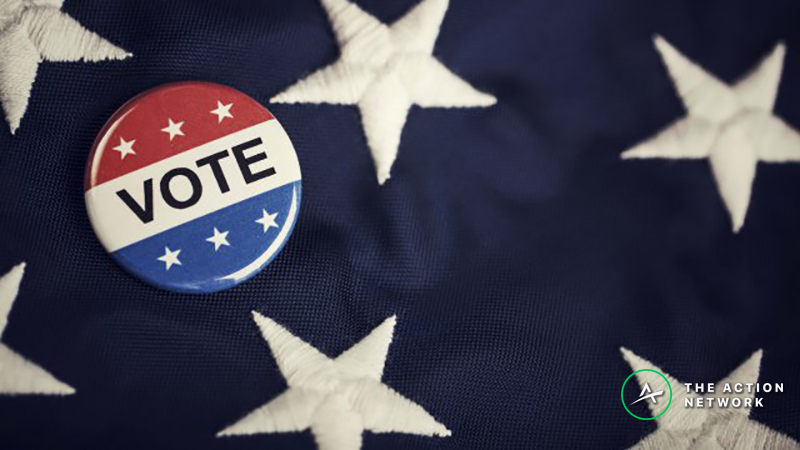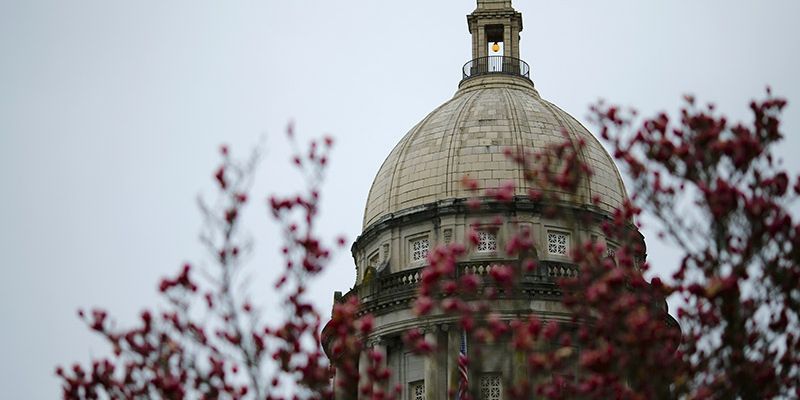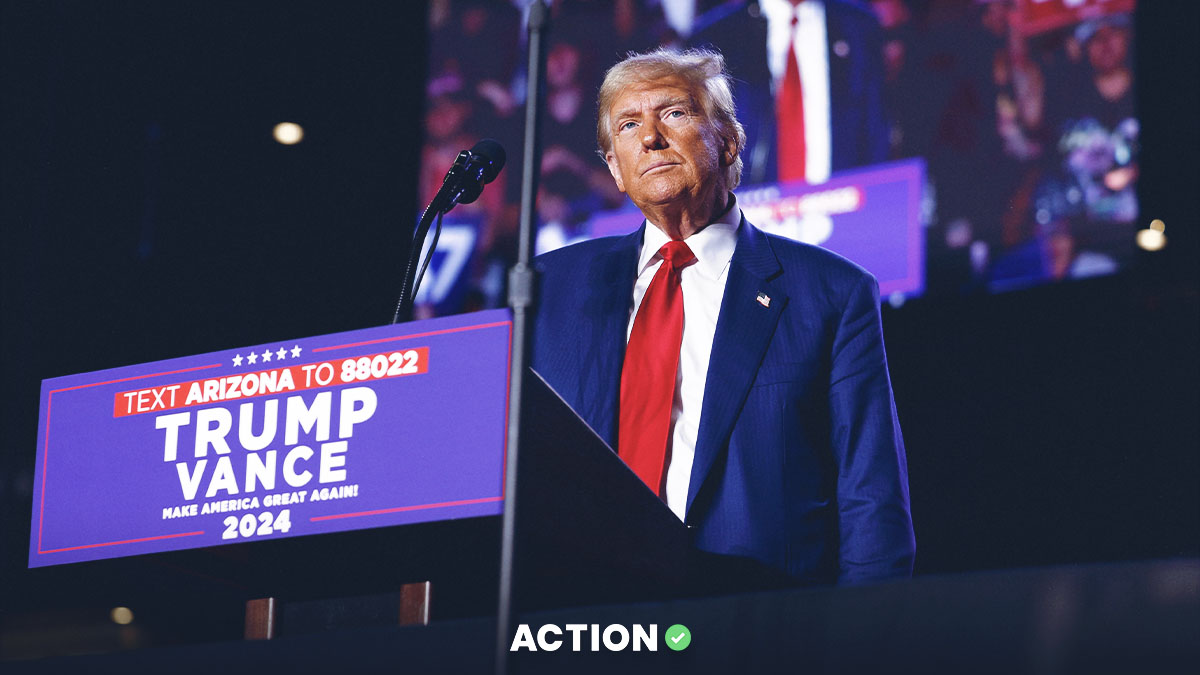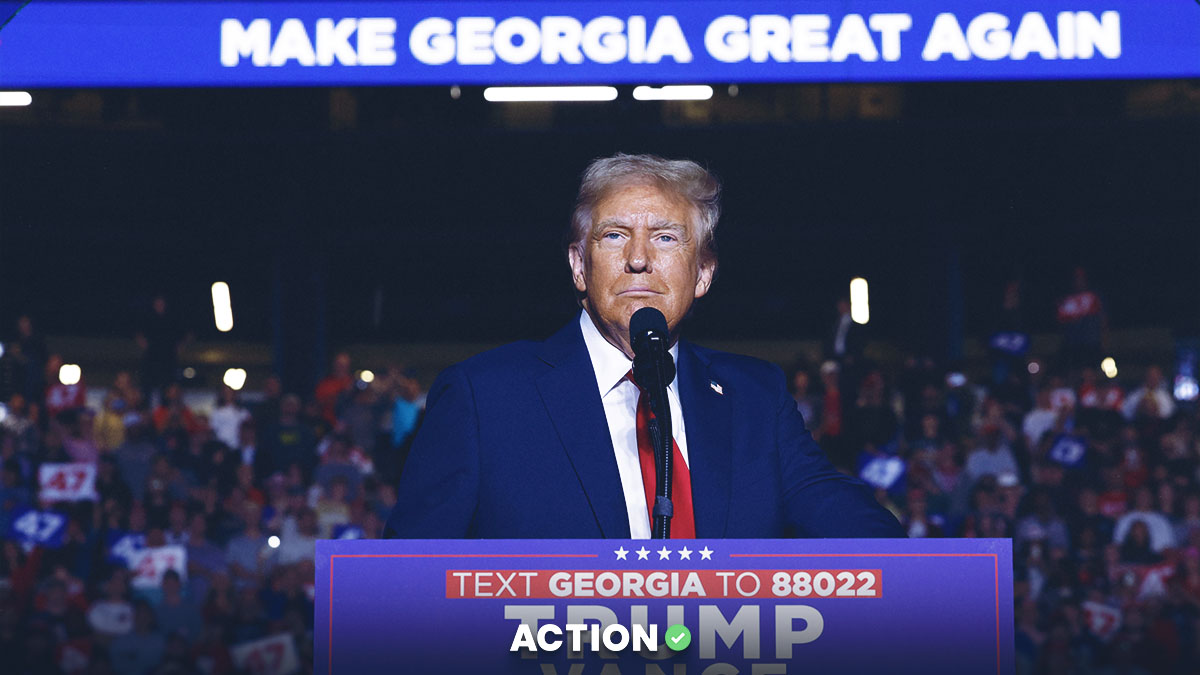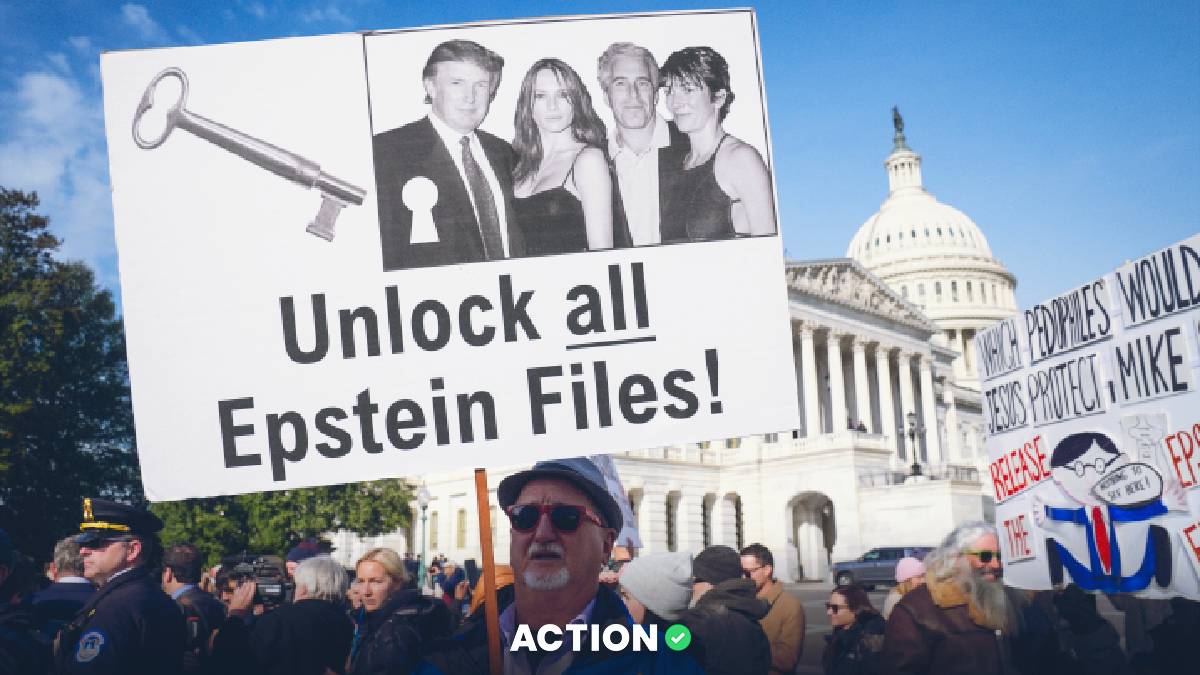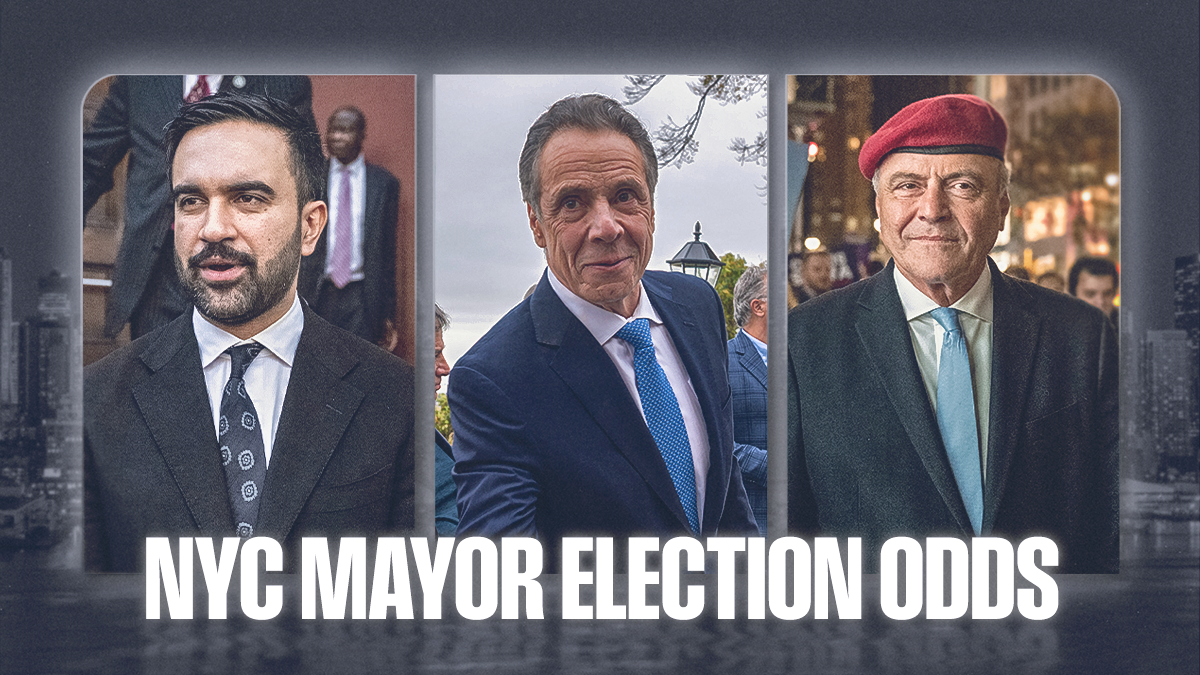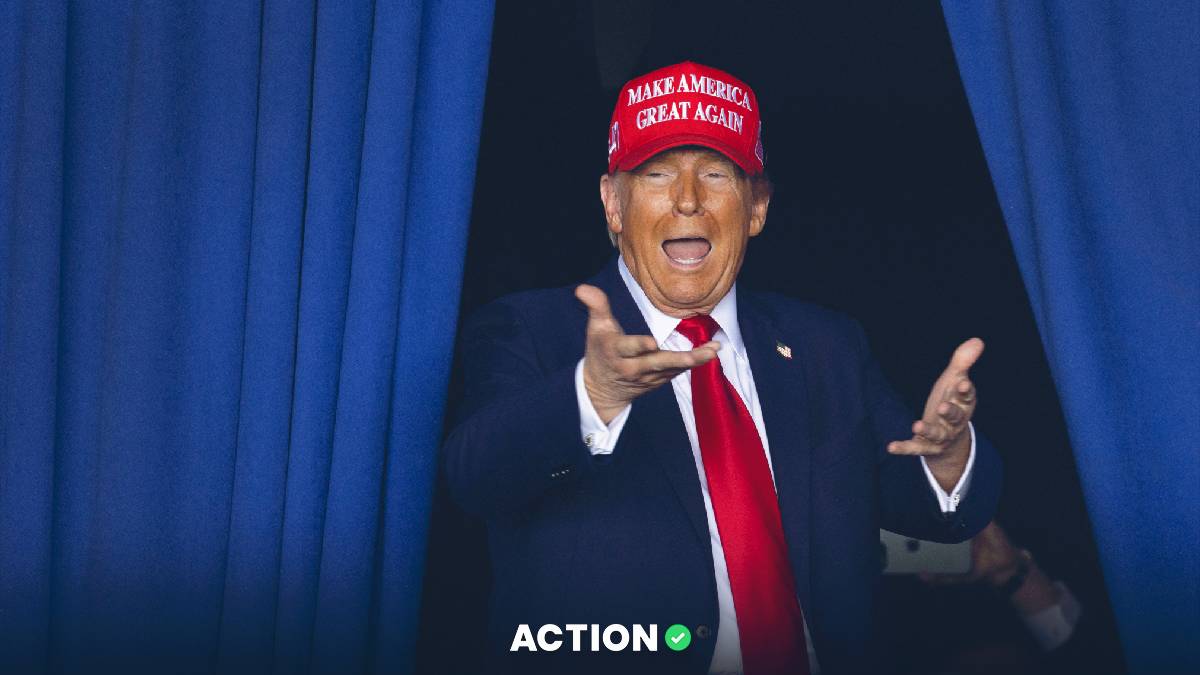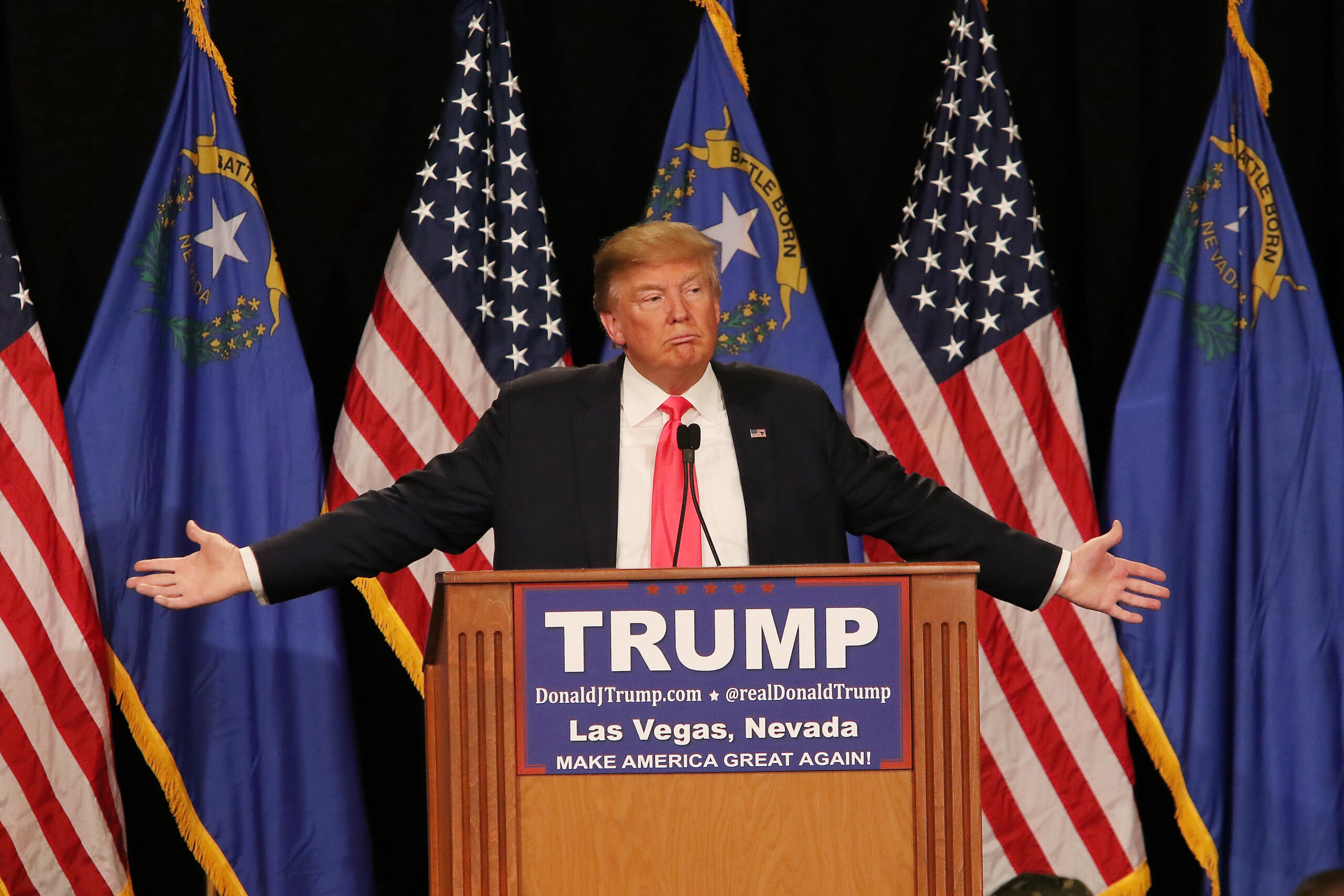- Amendment 3 in Florida would require any tweaks to gaming laws to be approved by voters. The legislature currently controls that process in the state.
- Those who oppose the amendment -- new sports betting operators DraftKings and FanDuel among them -- contend that passing the Amendment would make it much more difficult to make tweaks to Florida's gambling laws.
Florida, the third-most populous state in the U.S., has a little-known measure on its November ballot, which could shape the future of sports betting legislation in the Sunshine State.
Amendment 3 — or "Voter Control of Gambling in Florida," as it will appear on the ballot — has some deep-pocketed backers and detractors.
Here's everything sports bettors in Florida need to know about the proposed Amendment.
What exactly is Amendment 3 on the Florida ballot?
Current Florida law stipulates that the Legislature largely controls any potential gambling expansion.
If Amendment 3 passes — which would require a 60% majority — that power would shift exclusively to the voters.
The Amendment's detractors — new sports betting operators DraftKings and FanDuel among them — contend that passing the Amendment would make it much more difficult make tweaks to Florida's gambling laws.
Gaming has been a big source of revenue for the Sunshine State: One study suggested that Florida generated north of $2.5 billion back in 2016.
Who's pushing for Amendment 3 to pass and why?
Disney Worldwide Services and the Seminole Tribe have of Florida combined to reportedly contribute $36.44 million in support of Amendment 3.
Why are they so invested in the result of gambling legislation?
- Disney: This isn't the first time the company — which obviously owns and operates Disney World in Orlando — has come out against potential gambling expansion in Florida. (An interesting wrinkle: Disney also owns ESPN, whose ratings could certainly increase if sports betting becomes more widespread.)
- Seminole Tribe: There are eight tribal casinos in the state; the Seminole Tribe controls seven of them, generating hundreds of millions of dollars in revenue each year off its exclusive right to offer Vegas-style card games. The status quo — which the passage of Amendment 3 would help maintain — would be good news for the tribe.
How would Amendment 3 impact the future of sports betting in Florida?
Florida has yet to make any moves on passing sports betting legislation following the Supreme Court's ruling in May that the federal ban was unconstitutional.
Meanwhile, New Jersey, a state with half as many people, acted quickly and has generated more than $40 million in revenue via sports betting in just four months of data (June through September).
Mississippi also recently launched legal sports betting.
This passage from a recent News Service of Florida report is telling:
Approval of the constitutional amendment in November could cause Florida to lose out on millions of dollars from sports betting, incoming state Senate President Bill Galvano told the News Service. Illegal sports betting has long taken place in Florida and across the country.
The U.S. Supreme Court's May decision "provides an opportunity for us to regulate and capture revenues from an activity that is currently going on in the state of Florida," said Galvano, a Bradenton lawyer who's been a chief legislative negotiator on gambling issues for nearly a decade.
"The revenues are substantial. If Amendment 3 is passed, we'd lose that opportunity and we're hamstrung," Galvano said.
How can sports betting supporters in Florida make a difference?
Vote! Early voting starts on Oct. 27 and runs through Nov. 3, with the general election taking place on Nov. 6.


